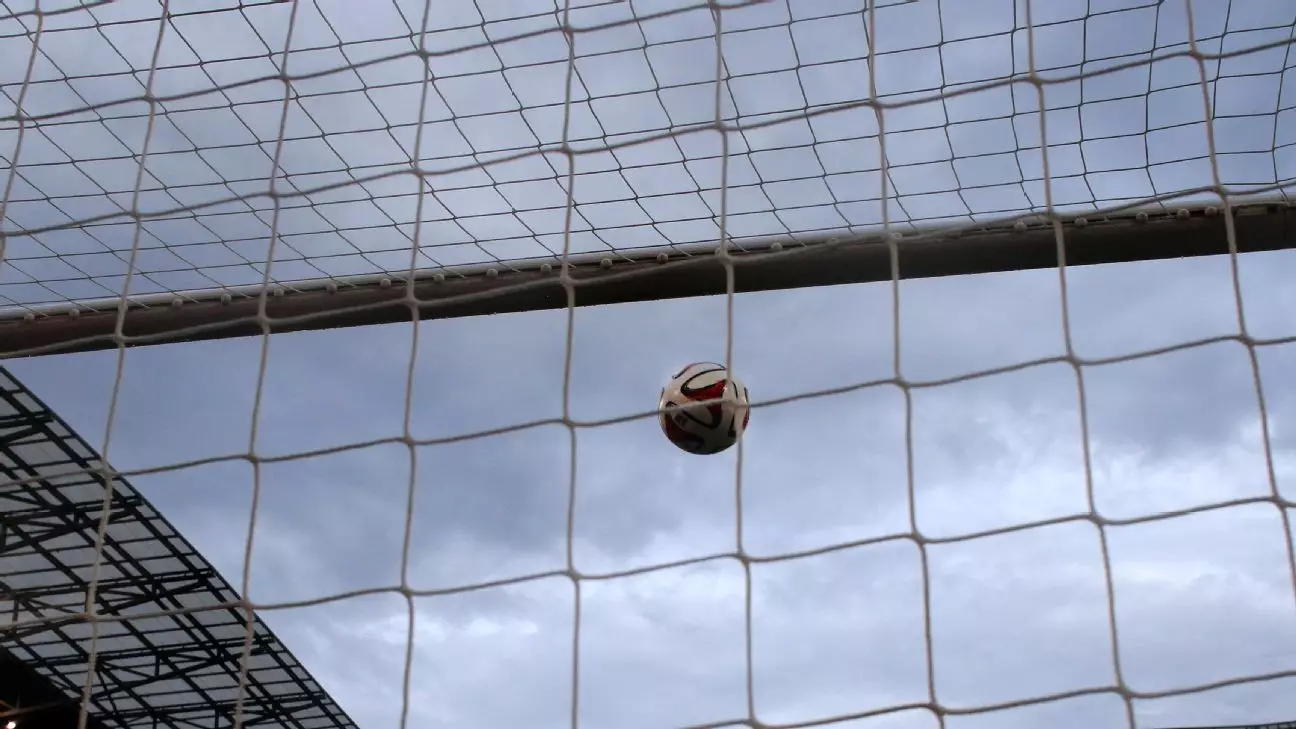The realm of sports often serves as a microcosm of broader societal issues, particularly when it comes to racism. The recent incident involving four members of the River Plate women’s football team highlights how quickly sports can transform into battlegrounds for racial tensions. Candela Díaz, Camila Duarte, Juana Cángaro, and Milagros Díaz were arrested following an alleged act of racism during a match against Brazilian team Grêmio. This case underscores the severity of racist behavior and the implications it has not only on the players involved but also on their clubs and the sport as a whole.
After spending Christmas in detention, the players were released under strict conditions requiring monthly court appearances in São Paulo. The legal proceedings reflect a growing societal refusal to tolerate discrimination in any form, especially within heavily followed sports. The swift judicial response delivers a clear message that such behavior will not be easily overlooked or excused, further emphasizing that athletes are role models who must uphold ethical standards. The public nature of this incident and the ensuing legalities shine a spotlight on the necessity for accountability in sports.
The incident that triggered the controversy occurred during the Brazil Ladies Cup semifinal when a moment of alleged racial insensitivity escalated tensions on the field. A confrontation erupted after a player made offensive gestures towards a ball boy, leading to players from both teams engaging in a physical altercation. The match was ultimately abandoned, with the referee forced to disqualify River Plate due to a lack of players remaining on the field. Grêmio was handed the victory by default, further complicating the ramifications for River Plate, which has now been banned from the tournament for two years.
This incident has forced sports organizations, particularly in South America, to confront the issue of racism head-on. The Brazil Ladies Cup organizers have made it clear that future tournaments will institute immediate bans on any team whose members exhibit racist behavior. This zero-tolerance policy illustrates a significant shift in how sports governing bodies address discrimination, signaling a collective stand against the normalization of racism.
River Plate, recognizing the seriousness of the situation, has condemned the players’ actions and declared its commitment to disciplinary measures against racism. This public stand is necessary for restoring trust and integrity in the club and in football as a whole. The challenge remains ongoing, as Argentine clubs have historically faced sanctions for similar behaviors from their fans. Thus, it is imperative that all stakeholders within the sports community — athletes, clubs, and fans alike — engage in dialogue and take proactive measures to eradicate intolerance.
The River Plate case serves as a stark reminder of the urgent need for change within the sporting world. As long as racism persists in matches and among fans, the integrity of sports will continuously be questioned. This incident can potentially serve as a turning point, an opportunity for clubs, players, and governing bodies to unite against discrimination. The hope is for a future where sports can foster inclusivity and respect, creating a celebrated environment free from the chains of racial prejudice.

